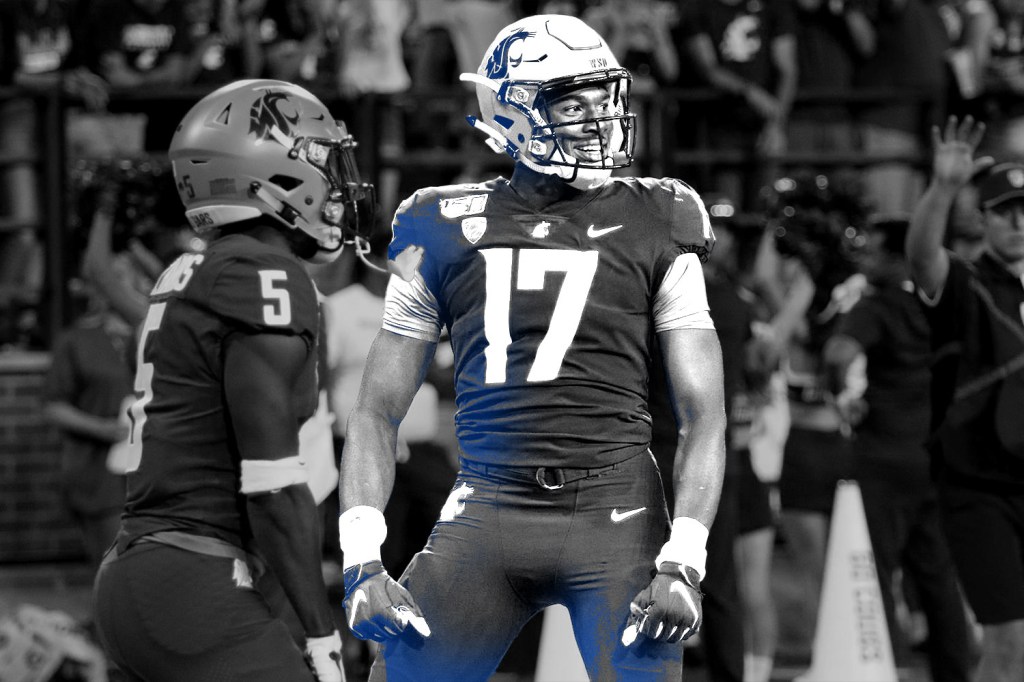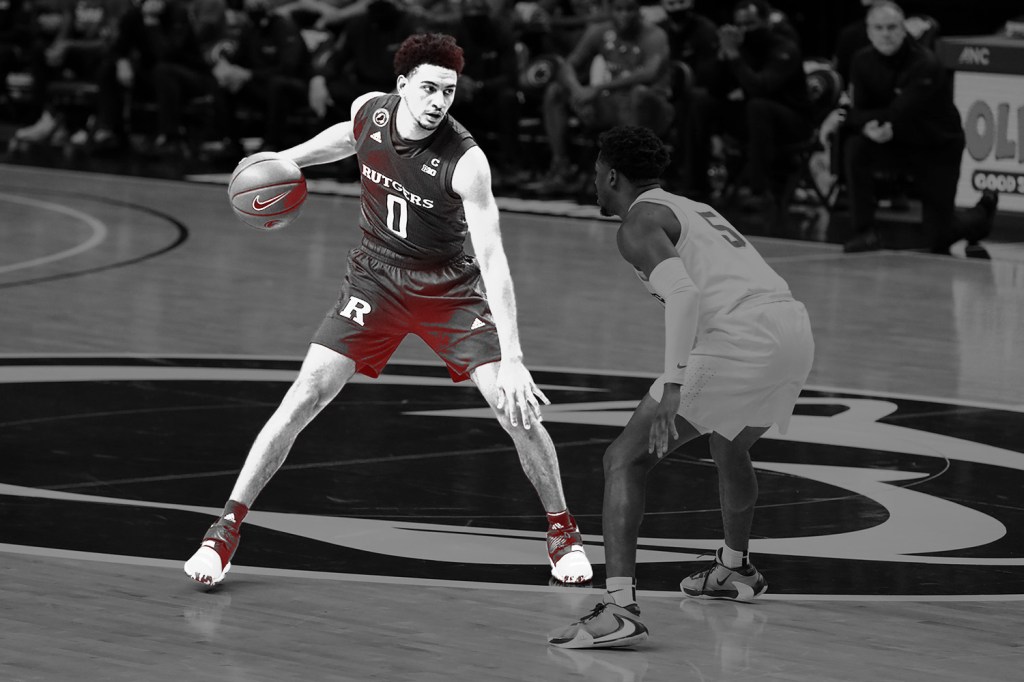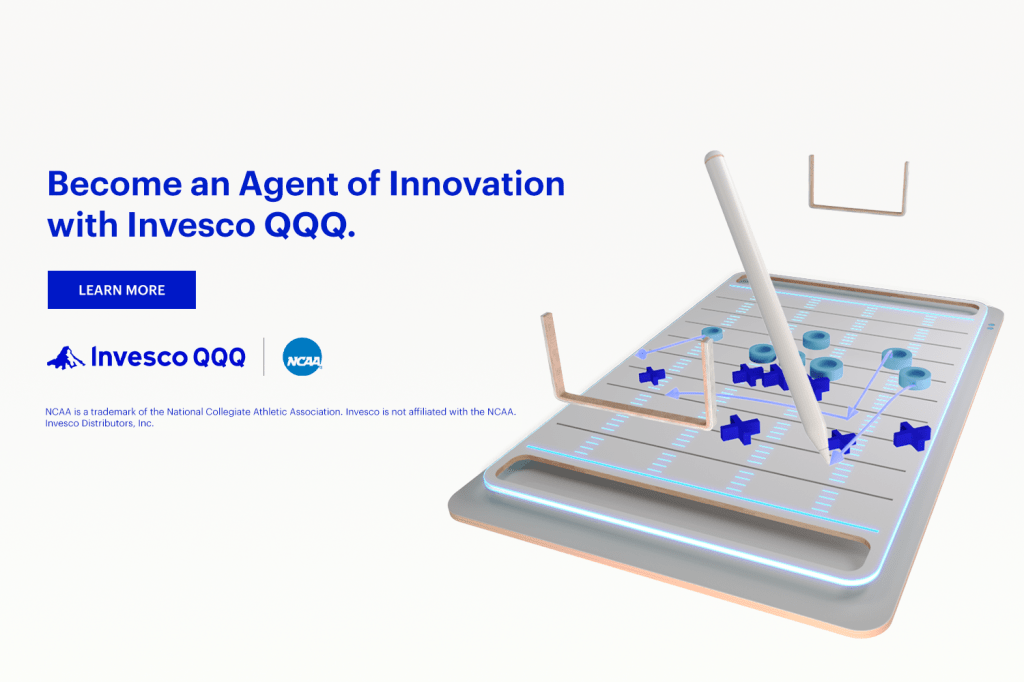The NCAA has been accused of violating labor rights because it refuses to pay players. But a new study suggests this decision goes further — it’s also perpetuating racial inequality.
The revenue generated by Black Power 5 football and basketball players is funneled to predominantly white coaches, sports, and even researchers, the study found. As a result, these athletes lose out on potentially billions in salaries.
“The economy of college sports reflects the inequity that pervades society, where examples of structural racism are legion,” study authors Ted Tatos and Hal Singer wrote in an op-ed in Global Sports Matters.
- Accounting for scholarships NCAA schools provide, Black Power 5 football and basketball players lost out on a minimum of $17.3 billion in earnings between 2005-19, the study found.
- Not accounting for scholarships, those players lost $21.5 billion.
- That’s about $1.2 billion or $1.4 billion in lost wages per year, or about $250,000 per player per year.
- The study based potential athlete wages on the percentage of total revenue that NBA players make.
Study authors used publicly available demographic and athletic department finance data to confirm that that money is instead being directed away from these players.
“College sports amateurism is yet another chapter in the voluminous historical record of systemic racial injustice,” they wrote.





